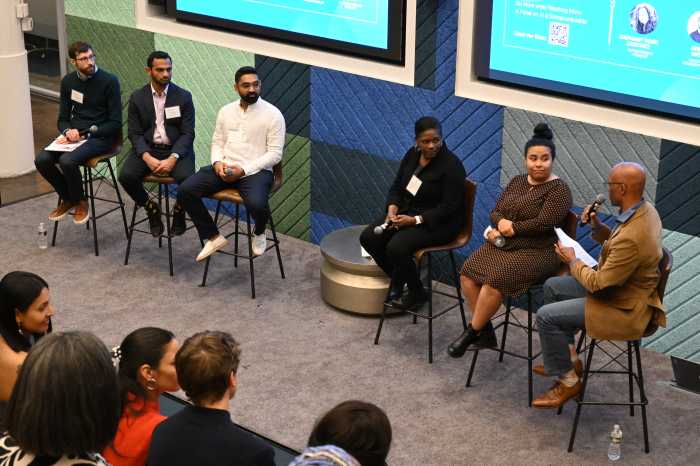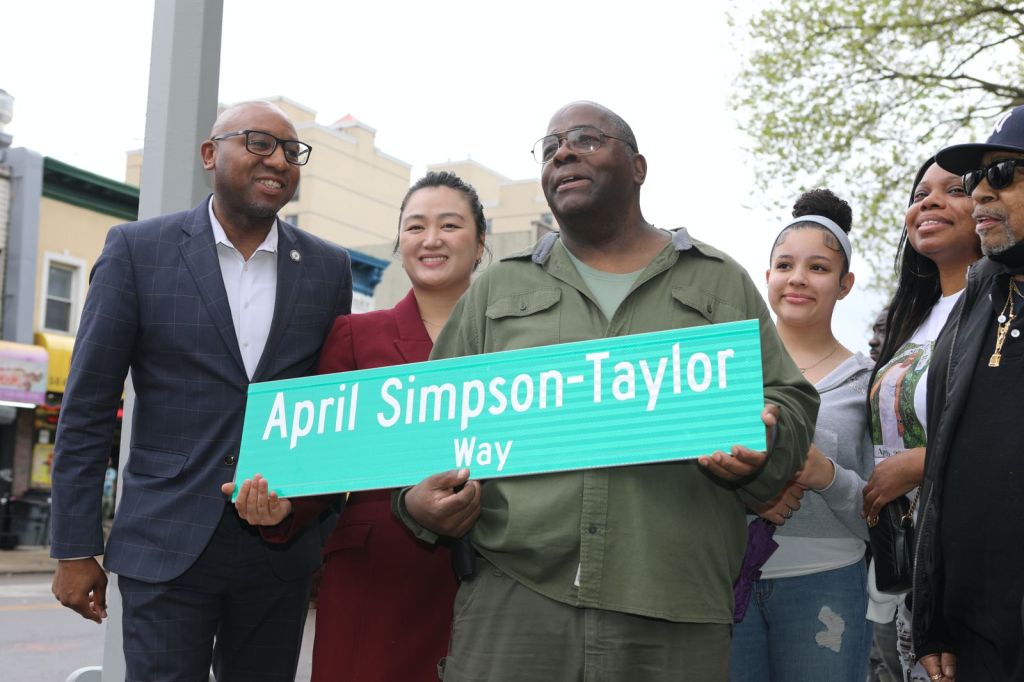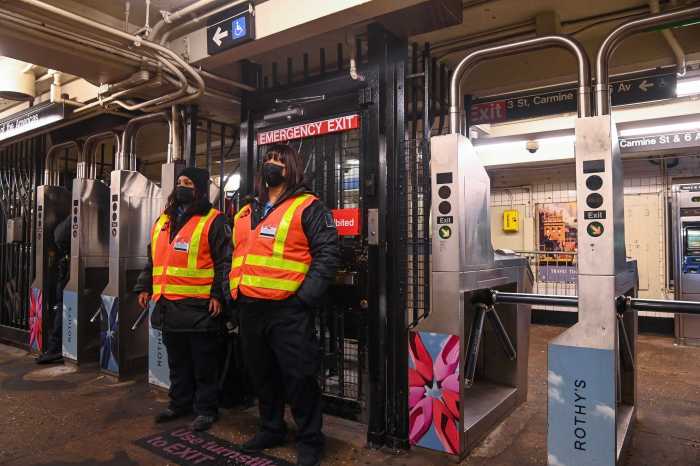The Department of Homeland Security says it has begun reviewing deportation cases before immigration courts and started a nationwide training program for enforcement agents and prosecuting lawyers.
Officials said the goal is to expedite deportation of convicted criminals and halt those of many illegal immigrants with no criminal record.
“We are empowering the attorneys nationally to make them more like federal prosecutors, who decide what cases to bring,” said the Homeland Security Department in a statement.
The statement said focus will be on allowing immigration judges to zero in on immigrants, among 300,000 cases, who committed serious crimes or pose national security risks.
On June 17, John Morton, the director of Immigration and Customs Enforcement (ICE), said that the Obama administration would scale back deportations of illegal Caribbean and other immigrants who were young students, military service members, elderly people or close family of American citizens, among others.
But until now, the new policy has been implemented sporadically, contributing to deep concern in immigrant communities, immigration advocates and lawyers say.
Homeland Security Secretary Janet Napolitano and Morton insist that agents and courts must focus on deporting the worst offenders, including national security risks, criminal convicts and those who repeatedly violate immigration laws.
In the first stage of the court review, which began on Nov. 17, immigration agency lawyers are scrutinizing all new cases just arriving in immigration courts nationwide, aimed at closing those that are low-priority before advancing into the court system.
Simultaneously, Homeland Security officials said those cases identified as high priority will be placed on an “expedited calendar” so judges could order their deportations.
The agency said the main objective is to “reduce inefficiencies that delay the removal of criminal aliens and other priority cases by preventing new low priority cases from clogging the immigration court dockets.”
Officials said the first stage, described as an “initial test run”, would be completed by Jan. 13, with the second stage beginning on Dec. 4.
Teams of immigration agency lawyers will review current dockets in courts in Baltimore, MD, and Denver, CO, during the second stage, officials said.
They said they have no plans to exempt any large group of illegal immigrants from deportation.
























